If your little one is due to start school soon, you’re probably asking yourself questions like…
“When should children be able to write their name?”
“What’s the best way for kids to prepare for school?”
“What should kids be able to do by the time they start school?”
“Should I be worried about my child starting school if they can’t…”
Trust us — we totally get it! At Pop, we’ve heard all the questions and concerns about starting school.
This rite of passage can be daunting and exciting (for both parents and children) and it can be hard to know whether your child is on the right track and how to help your child get ready for starting school for the first time.
Milestones For School Readiness
- They can tell stories and answer questions about their story (eg. telling you about their day).
- They can say all of their sounds clearly (except for /th/ and /r/).
- They can listen to and follow instructions.
- They can talk in long sentences.
- They can learn new vocabulary words easily.
- They can listen to sounds and know a few letters that match these sounds.
If you find your child is struggling to meet these milestones, don’t worry – there is support available! Early intervention is important, which is why Pop offers free 15-minute consult phone calls with our experienced speech therapists to explain how you can organise a professional assessment and ongoing therapy. While every child is unique and develops at their own pace, it never hurts to ask the question.
Keep reading to discover what you can also do at home to support your child to reach these milestones and start kindergarten.
How to Help Your Child Get Ready to Start School for the First Time
We’ve divided our tips into sections to help you determine exactly what skills you can work on with your little one:
- Language and Literacy
- School Readiness and Routine
- Social and Emotional Skills
- Attention and Listening
- Fine & Gross Motor Skills
Let’s dive in!
Language and Literacy
- Help your child practice recognising and writing their name. There’s no pressure to be actually achieving this, but it’s a good starting point!
- Learn the sounds and letter correspondences — for example, this is recognising that the letter S makes the ‘sss’ sound. A fun way to practice this is by playing games like I Spy (“I spy something beginning with the ‘s’ sound”).For more information on this topic and how to get started with learning letters and sounds, check out our podcast with Alison Perry on the importance of phonics.
- This one might seem obvious, but it’s important to read books together! This allows time for asking and answering questions, and labelling and discussing what’s happening in the books (feelings, emotions, predictions, etc.). No idea which books to start with? We’ve got you covered! Check out our podcast episode with Little Birdie Books for some AMAZING suggestions.
- Model and encourage accurate speech and sentence structures. Your little one may not be 100% accurate with this yet, but they’ll benefit from you acting as their language role model.
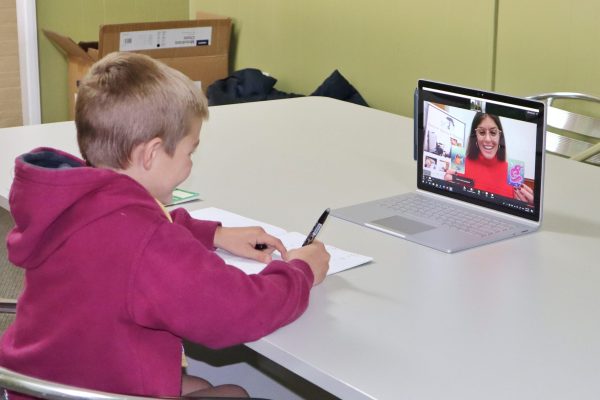
School Readiness and Routine
- Practice getting ready for a school day by dressing in the correct clothes (school uniform), socks & shoes, having breakfast at the table, brushing their teeth, combing their hair — everything they would do on a typical school morning!
- Practice packing a bag for school including their pencil case, books, lunchbox and drink bottle. Then put the bag near the door ready for school in the morning.
- Talk to your child about what they might expect at school, what activities they might do, existing friends they’ll be able to play with and new friends they’ll get to meet.
- Discuss and prepare your child to get to school safely (bus rules, road safety, car safety, “stop, look & listen”, etc.).
- Practice eating out of their lunchbox and having a drink bottle.
- Get into a routine for school hours including getting up early and going to bed early.
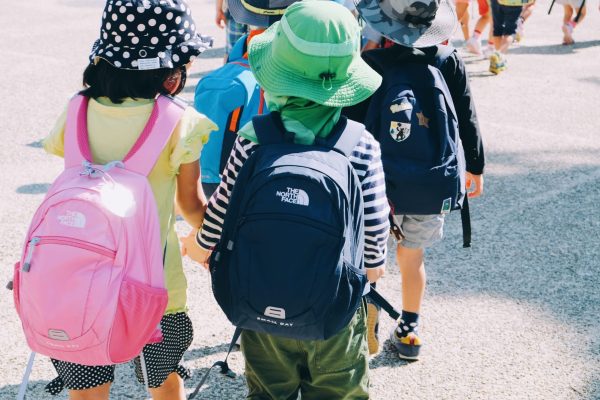
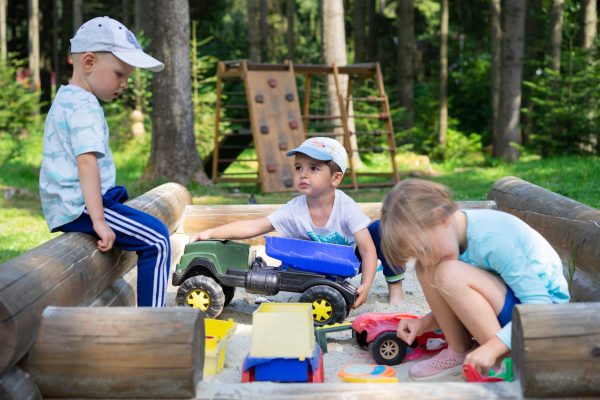
Attention and Listening
- Practice sitting and engaging in table activities for 5-10 minutes.
- Listening to stories and answering questions.
- Following directions with multiple steps (e.g. “Go get your hat and lunchbox before you go outside”). You can play Simon Says to make practicing this skill into a fun and engaging game!
- If your child has difficulty paying attention, listen to our podcast episode with Olwen Forker for tips on play-based learning and supporting someone with ADHD.
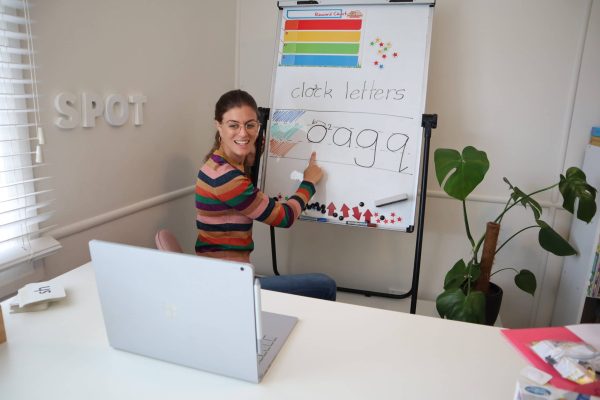
Fine & Gross Motor Skills
- Encourage craft activities to pracice scissor skills, pencil grip, drawing, gluing, creativity, etc.
- Build gross motor skills through running, jumping, skipping and playing ball games.
- Develop core muscles to support handwriting, sitting in class, etc.
- An Occupational Therapist can support your child if you have concerns in this area.
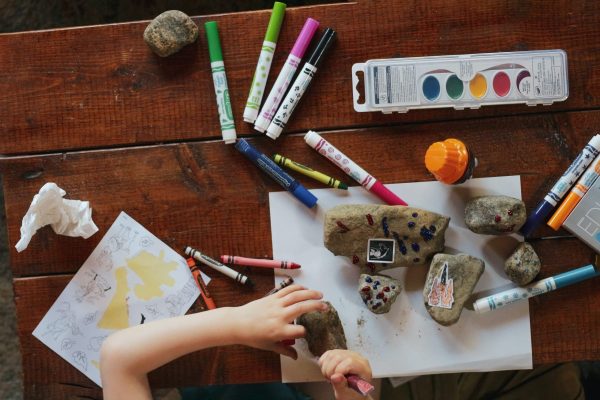
Not Sure If Your Child Is School-Ready?
If you have concerns about your little one heading to “big school” and want to learn more about online speech therapy with Pop, fill out our Free Consultation form & lock in a session with one of our experienced Speech Therapists.
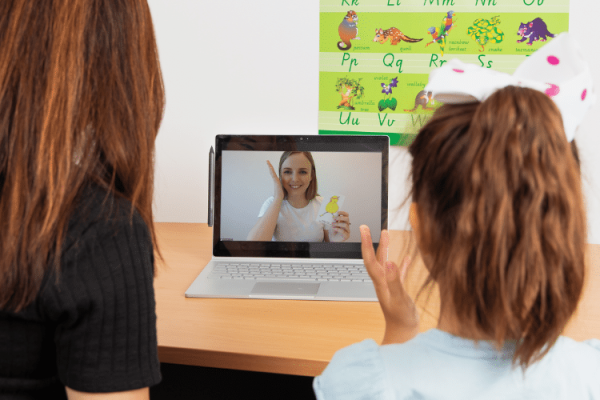

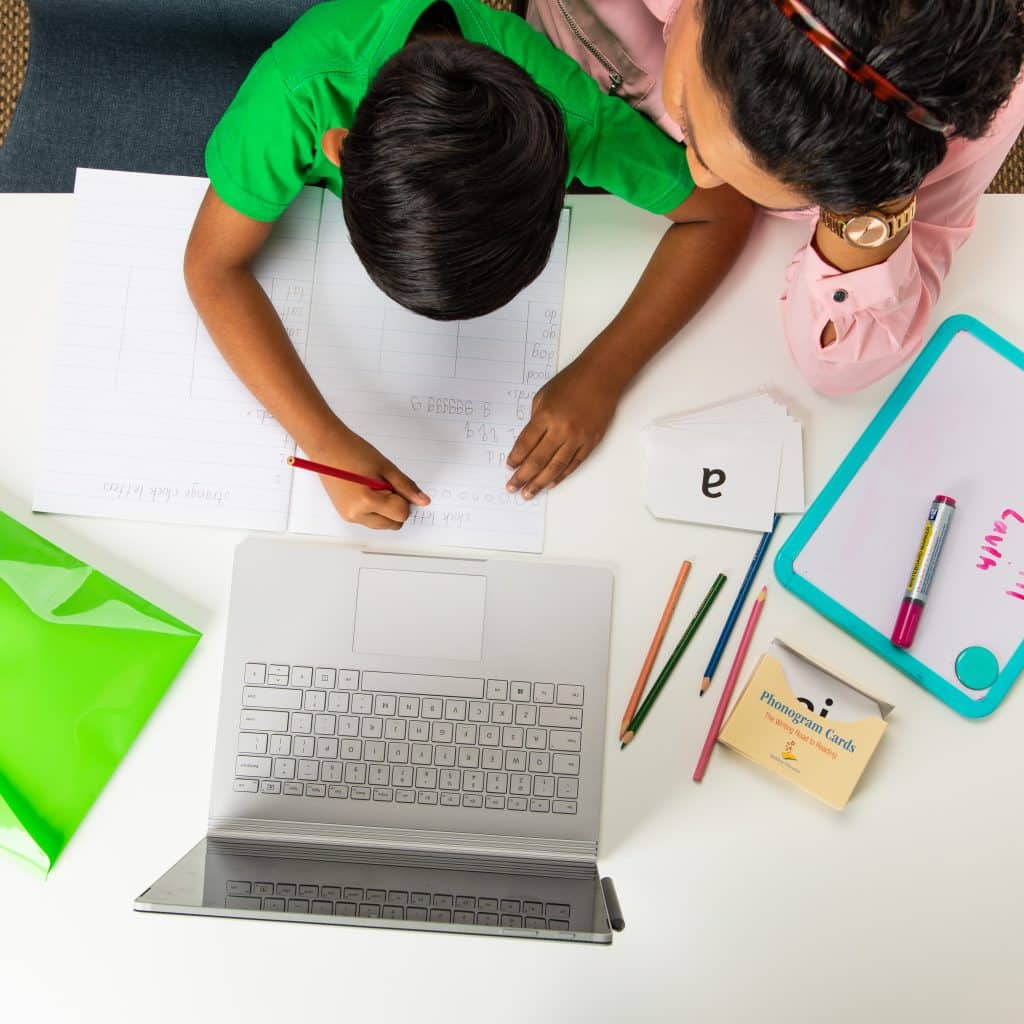
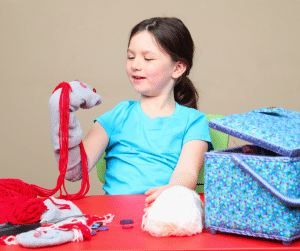




Social and Emotional Skills